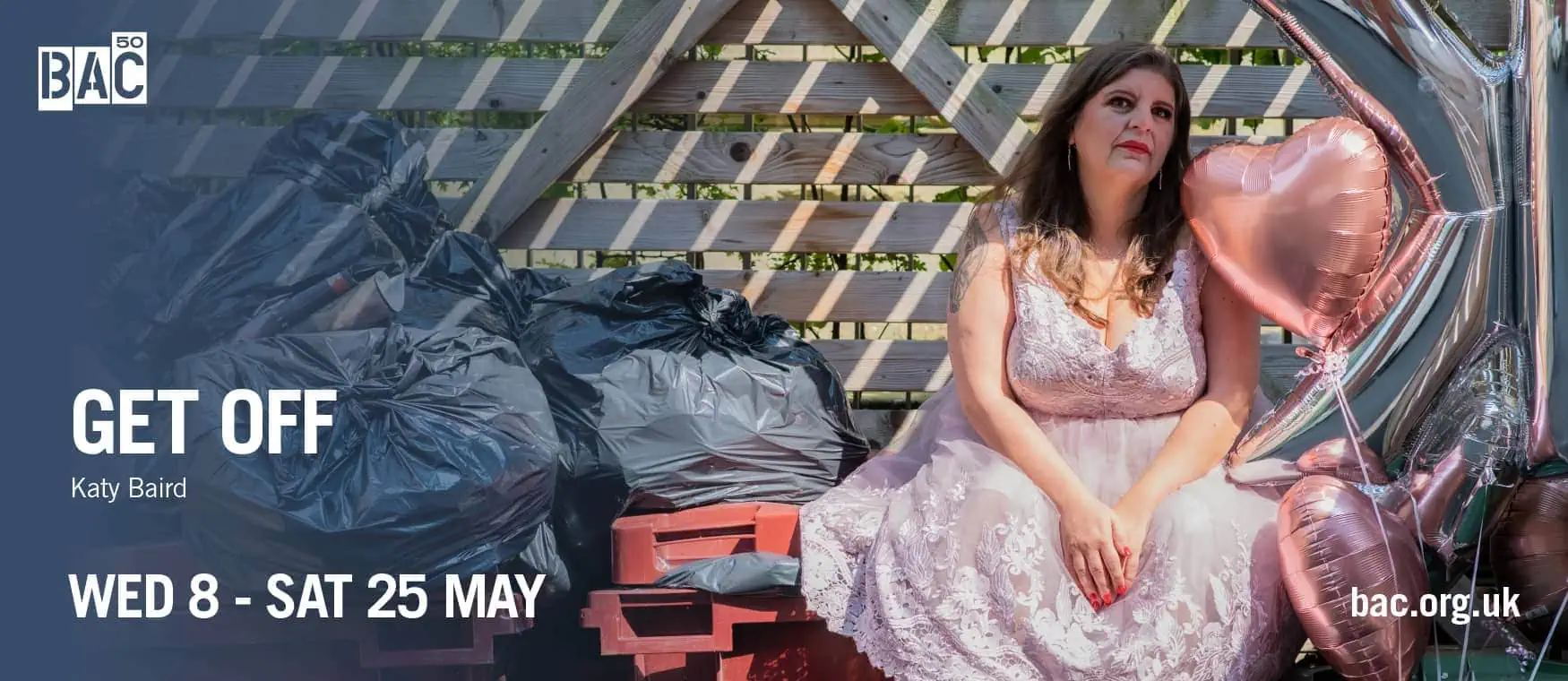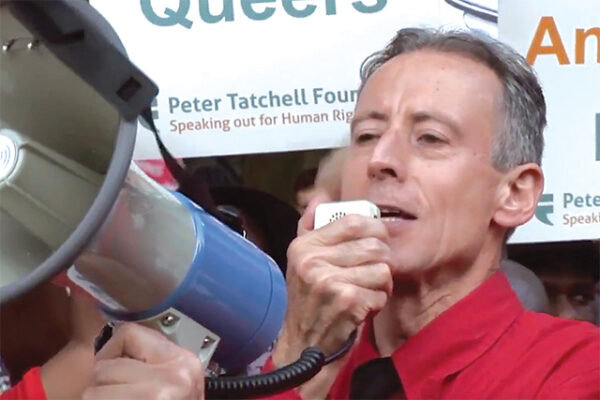By Lee Dalloway
My immediate answer to the question posed in the headline would most likely be “Yes”. “All of them”.
But the world isn’t as clear cut as that. I also think every person who doesn’t find ‘Frasier’ funny should be banished from the planet, so I’m obviously a man of extremes.

Almost everyone indulges in a particular vice and has done since the dawn of time, everything from prescriptions to selling your Grandma for a fiver in some back alley.
And, yes, I will equate the two because it’s almost as easy to become physically addicted to pills dished out by your family GP as it is to the hardest of ‘street drugs’ – except one is subtler and considered ‘socially acceptable’.
The most significant difference in these two examples is the legality. We have a drugs system based on a long established ‘moral code’ rather than what these chemicals actually do to your bodies.
This drugs dependence/physical harm chart (pictured) shows in simple terms which drugs are doing what to our bodies. It mirrors the findings of a 2010 paper called ‘Drug Harms in the UK: A Multicriteria Decision Analysis’ where twenty drugs were scored on 16 criteria: nine related to the harms that a drug produces in the individual and seven to the harms to others.
Take a look at what’s sitting in the middle of the chart, two of the biggest cash cows of every government in the world – tobacco and alcohol. More people die of these two legal drugs than any other.
Of course, the fact that they are so widely available probably helps to up their statistics. But, Professor David Nutt – once our government’s chief drugs advisor before being asked to leave for questioning the current classification system – says of the report: “The rankings of harm to the user would be unlikely to change drastically if all drugs were controlled or, conversely, not controlled, as those harms are intrinsically linked to their effects on the mind and body. However, the harms to society could change if a drug’s legal status changed.”
The yellow cluster beneath alcohol and tobacco are largely considered less harmful but still illegal. This collection is practically the shopping list for a number of people’s weekends.
So, why are these widely used drugs demonised and kept in a locked cupboard away from sticky fingers by nannying governments?
Is it because the laws governing tobacco and alcohol have been around for a long time and therefore can be trusted unquestionably? Just like other institutions such as the government, the royal family, or the Catholic Church…
Naturally, heroin is the most damaging and addictive, just above one of the biggest social stimulators in the world – cocaine.
How many of us would sit around with friends, sipping champagne from a belt strapped arm, ready to plunge a needle of heroin into a fresh vein? I imagine very few, and rightly so. Despite the physical harm, it seems cocaine use is also dictated by social acceptance.
The idea of a different approach to drugs not only seems to make sense on a physical level but also because of the impact on society.
Poverty and desperation are the main causes of most problematic drug use, not forgetting the immense, worldwide criminal network that has been built up due to the supply and demand of an unregulated drugs market.
Surely a regulated market would mean safer, purer drugs that are not only closer to what they were originally intended to be – without all the questionable production methods and crap added to the base drug, simply to spread the earning potential.
Plus, the potential tax revenue from legalising drugs would likely replenish government coffers to the point of gold-plated bedpans for NHS patients.
Of course I’m exaggerating somewhat here. But, a UN report in 2003 estimated that the illegal drugs trade generated an estimated $321.6 billion that year and had a world gross domestic product of $36 trillion – greater than the national GDP of 88% of countries in the world!
Look how well America’s flirtation with alcohol prohibition in the 1920s went. Whilst successful in reducing the amount of alcohol consumed, the surge in underground, organized criminal activity was huge.
If we’re worried about a crumbling of society (‘Broken Britain’ does seem to be a buzz term at the moment) then why aren’t we seriously looking at the strain on both the NHS and the internal organs of our young people due caused by alcohol?
How many people cause chaos in Leicester Square at 3am on Saturday if they’ve been toking on a strong spliff for three hours? I guess you could also argue that crack addicts can be disruptive too, but nowhere near on the scale of alcohol-related incidents.
Why can’t we give heroin addicts heroin? As long as they agree to enter a program that will gradually wean them off their dependency, rather than leaving them to rot in a filthy inner city squat?
Whilst, of course, people can and do die from illegal drugs, how many stories of alcohol or tobacco-related deaths get covered by the media if it’s not attached to a celebrity?
Shunned aside in favour of a ‘Leah Betts’-style scandal, the poor girl who died not from ecstasy itself, but by drinking too much water, causing her brain to swell.
Of course, we can’t just make decisions on a couple of reports alone. There are huge factors to consider on the impact of making drugs legally available to society.
Until those in power are willing to have honest and open discussions, and maybe even allow us to make decisions for ourselves on what we put into our bodies, the “War on Drugs”, which is now in its fiftieth year, will continue to fail.
Even the money that has been spent on fighting illegal drugs just in the UK has resulted in only a tiny percentage of drugs being confiscated and criminal gangs being brought to justice.
Money that could have been diverted to paying our hardworking emergency service workers a decent salary and prevent our aged relatives languishing on trolleys in dirty hospitals.
Taking victims of drug addiction out of an illegal supply cycle would greatly benefit the lives of those individuals, and keeping it illegal to personally supply drugs to others would mean remaining drug dealers or criminal gangs could be punished to the full extent of the law.
A world with a more honest approach to drugs wouldn’t be perfect, we’re still talking about human beings here, but do you really think it would be more damaging than the system we have now?











